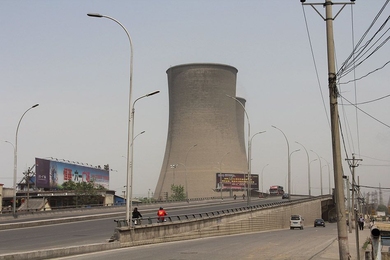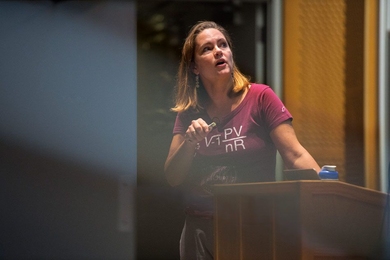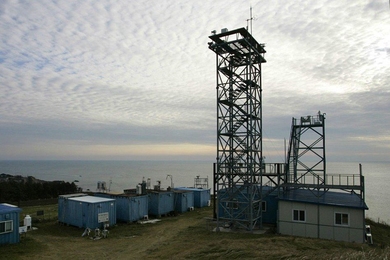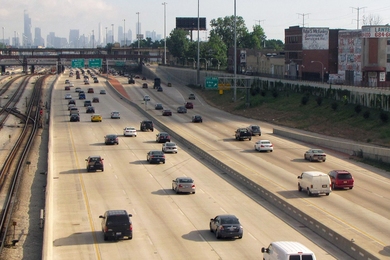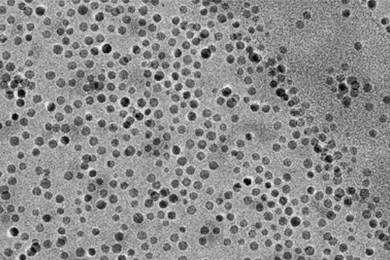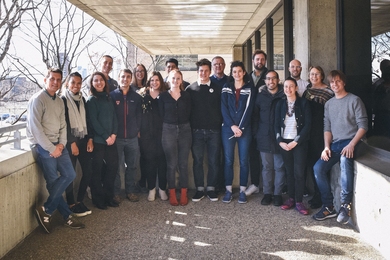Breaching a “carbon threshold” could lead to mass extinction
Carbon dioxide emissions may trigger a reflex in the carbon cycle, with devastating consequences, study finds.
Making wireless communication more energy efficient
Along with studying theory, "it's also important to me that the work we are doing will help to solve real-world problems,” says LIDS student Omer Tanovic.
For Catherine Drennan, teaching and research are complementary passions
Professor of biology and chemistry is catalyzing new approaches in research and education to meet the climate challenge.
MIT class of 2019 witnesses $500 million climate pledge
Michael Bloomberg announces new Beyond Carbon initiative in his Commencement address.
Scientists discover the source of new CFC emissions
Despite global phase-out, the ozone-depleting chemical is still in production in eastern China.
Paving sustainably
Researchers at the MIT Concrete Sustainability Hub study the many factors that influence a pavement’s environmental footprint.
Professor Emeritus David Gordon Wilson, expert in human-powered transport and gas turbines, dies at 91
A prolific inventor and jet-engine designer, Wilson was passionate about recumbent bicycles and was an early advocate for a carbon fee.
Study: For low-income countries, climate action pays off by 2050
Economic benefits of mitigation arrive much sooner than previously thought.
MIT Energy Conference explores changes to the grid in coming decades
Student-run event spans energy policy, carbon pricing, storage technologies, and the rise of renewables.
Shrinking the carbon footprint of a chemical in everyday objects
New method for synthesizing the epoxides found in plastics, textiles, and pharmaceuticals could be powered by electricity.
Engineers develop concept for hybrid heavy-duty trucks
Long-haul trucks with electric motors combined with gas-alcohol engines could slash pollution levels and greenhouse gases.
Greener, more efficient natural gas filtration
Novel membrane material removes more impurities, without the need for toxic solvents.
Students helping to make islands carbon neutral
MIT Energy Initiative program is using design thinking to solve energy issues on Martha’s Vineyard and beyond.
Reading the heartbeat of the road
The Carbin app, from a Concrete Sustainability Hub researcher, promises users an unprecedented understanding of pavement quality.
